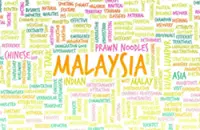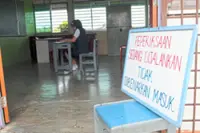So it finally happened. After two years and four months of trepidation and perturbation, I finally rejoined mainstream society – and promptly caught Covid-19.
I’m not denying it’s partially my fault. I’m not even completely sure how I got it. It could have been at a child’s birthday party, dinner with an old friend, an indoor press event, or from my daughter via her classmate.





